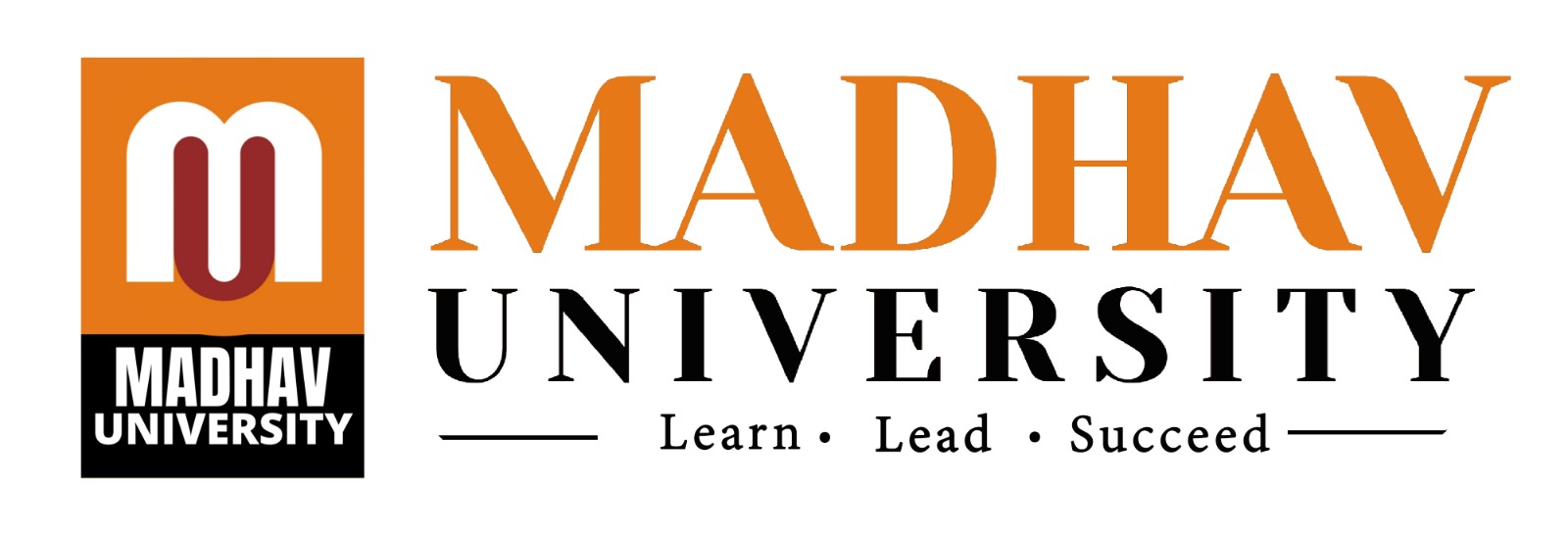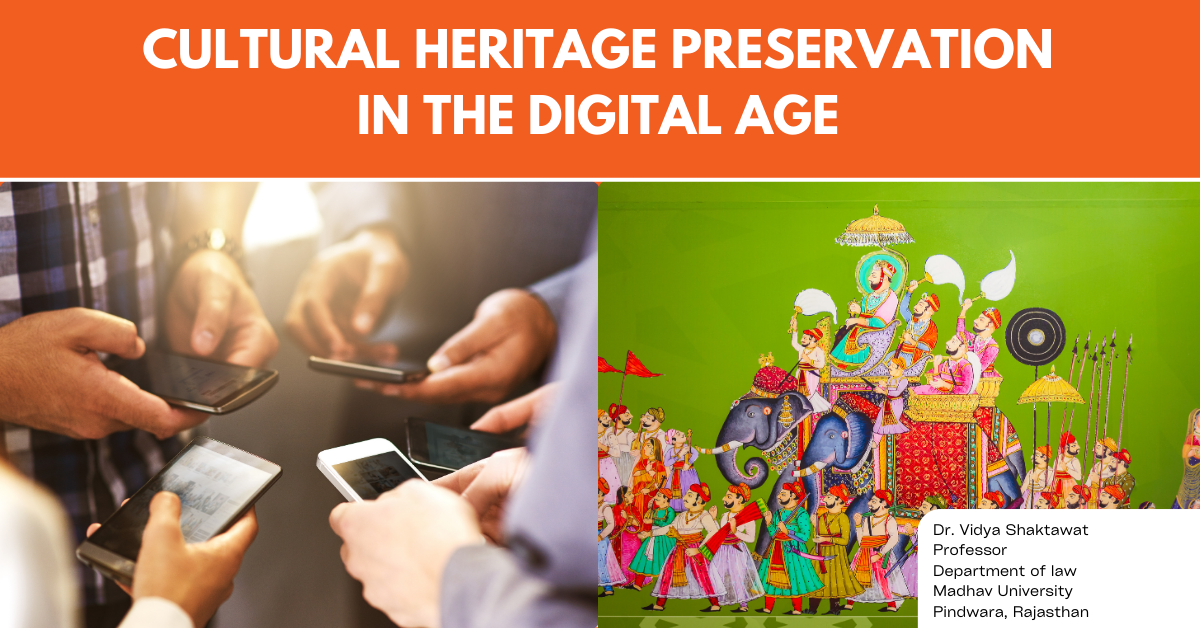Cultural heritage preservation in the digital age refers to the use of digital technologies to document, preserve, and share cultural heritage. This encompasses both concrete heritage, like monuments and artefacts, and intangible heritage, such as traditions, languages, and practices.
Key Aspects:
- Digitization of Artefacts:
– Museums and libraries are increasingly digitizing their collections. High-resolution pictures, 3D models, and virtual visits allow for the preservation and wider accessibility of cultural artefacts.
- Digital Archives:
– Digital archives store vast amounts of data, from manuscripts to audio-visual records, preserving them for future generations. This is crucial for protecting heritage from threats like decay or destruction due to conflict or natural disasters.
- Virtual and Augmented Reality:
– These technologies let persons to experience cultural sites and artefacts in immersive ways. Virtual reconstructions of historical sites, for instance, can bring lost or damaged heritage back to life.
- Crowdsourcing and Open Access:
– Platforms that encourage public participation in documenting and sharing cultural heritage are becoming more common. Open access repositories allow anyone to view and contribute to the preservation of cultural knowledge.
- Challenges:
– Digital preservation faces challenges like ensuring long-term data storage, preserving authenticity, and protecting against digital obsolescence. Additionally, there are virtuous considerations regarding who controls and has access to digital cultural heritage.
- Global Collaboration:
– International organizations like UNESCO are working with governments and institutions to create global strategies for digital heritage preservation. This includes setting values and guidelines to ensure the quality and sustainability of digital archives.
Conclusion of this topic is in the digital age, technology not only preserves cultural heritage but also democratizes access, making it possible for publics around the world to include with and study from cultural riches that might otherwise be unreachable.
Dr. Vidya Shaktawat
Professor
Department of law
Pindwara, Rajasthan

